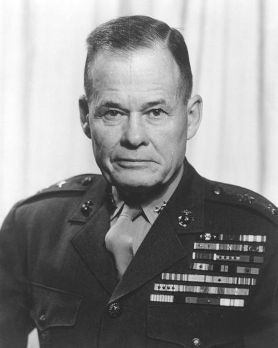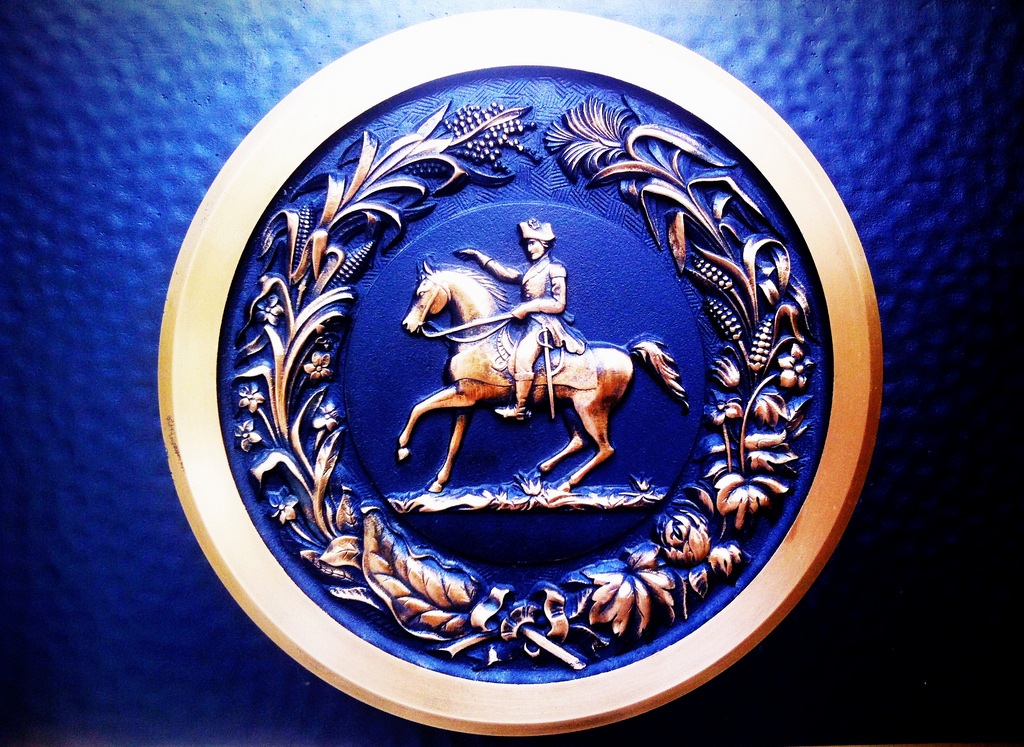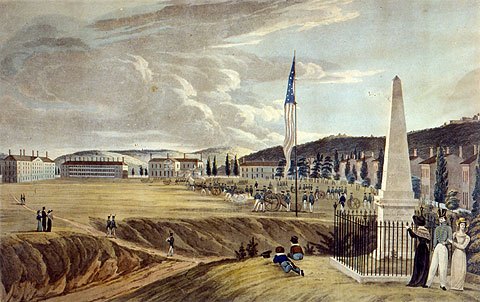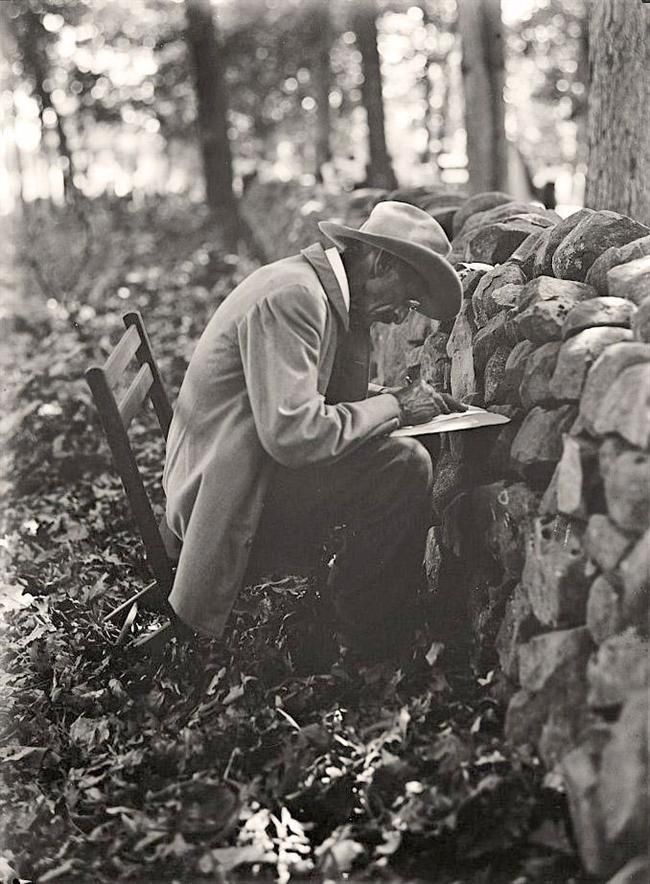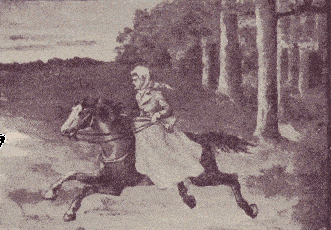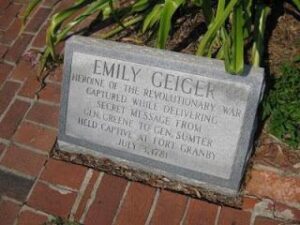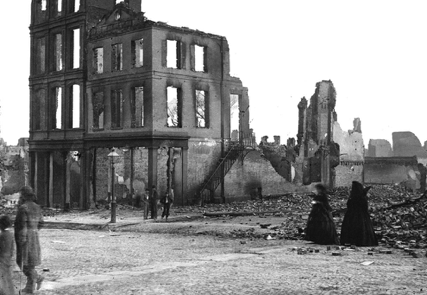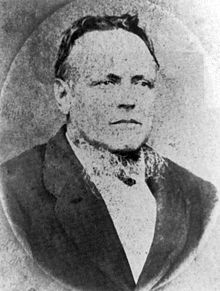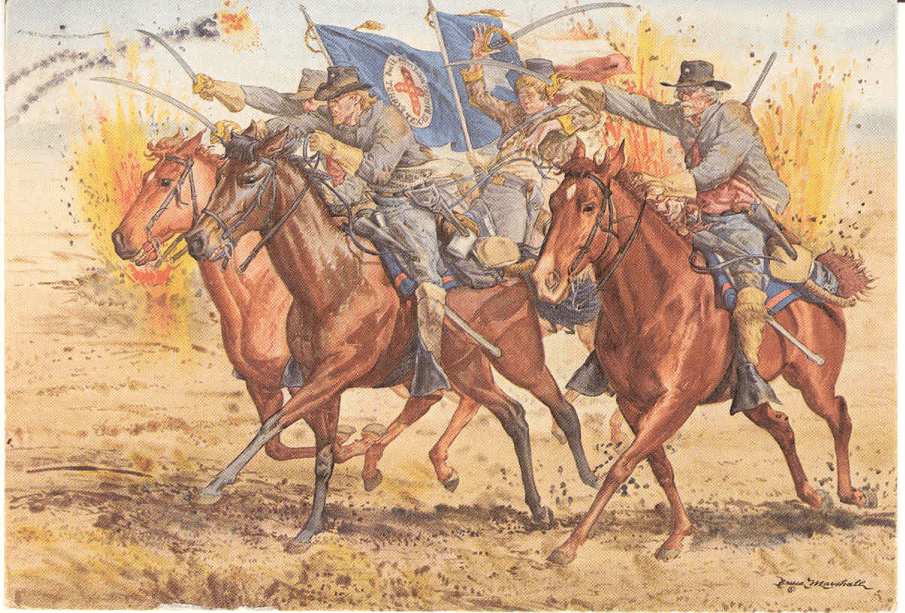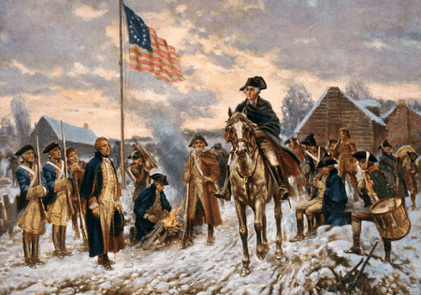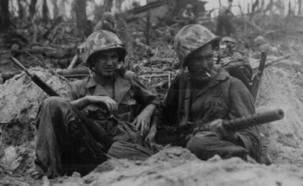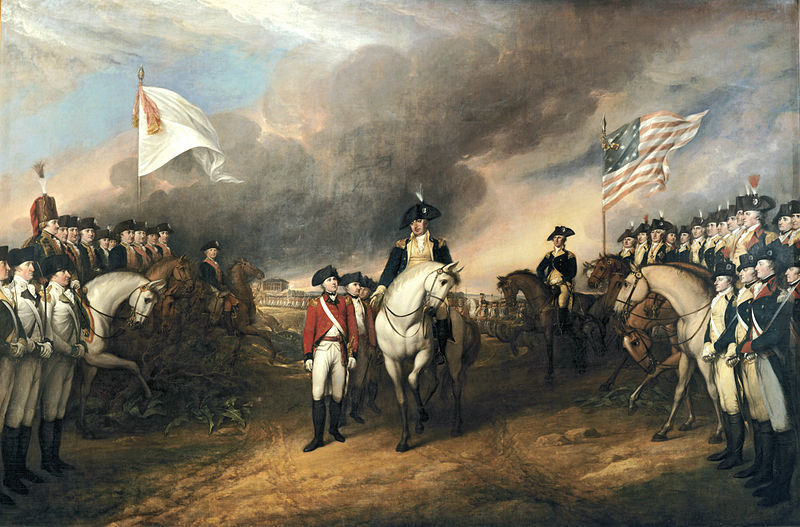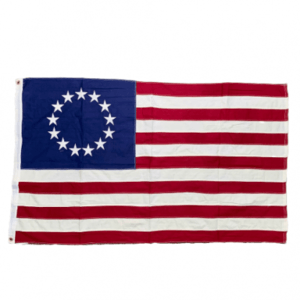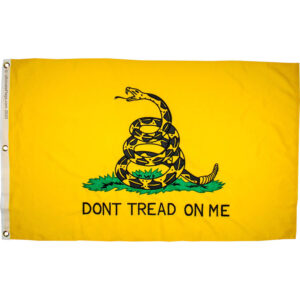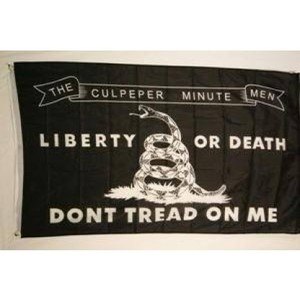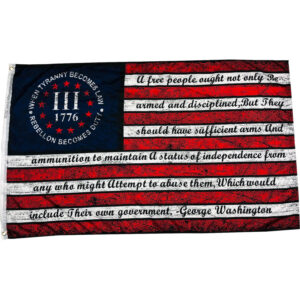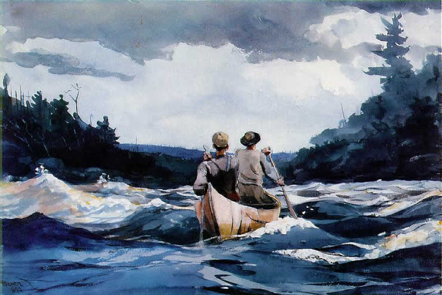
Private Sam Watkins’ Company H of the 1st Tennessee was camped on the Duck River, at a moment when there were no battles to win. The thing is, a soldier needs stuff to do or he gets bored and up to trouble. As the Bible says, “Idle hands are the devil’s workshop.” Or at least it can cause him to get into some sort of mischief. It seems that Sam’s sweetheart was living in Colombia, Tennessee, just down the river from his camp. Well, the Duck River at the time was high. As Sam put it, it “had on its Sunday clothes.” Sam got an idea to “slip off and go down the river in a canoe.” It was a great idea except for one problem: the boat leaked and soon sank. So Sam put his “sand paddles to work and landed in Columbia that night.” A Rebel knew how to march, and It was a matter of “damn the consequences.”
Sam put it this way: “Some poet has said that love laughs at grates, bars, locksmiths.” Sam was laughing, but he did think ahead. He asked his sweetheart to pray for him “because I thought the prayers of a pretty woman would go a great deal further ‘up yonder’ than mine would.” When Sam got back to camp, his superiors were waiting for him. He was sentenced to thirty days’ fatigue duty that’s (digging trenches, fetching water, and other labor intensive duties.) On top of that, the worst of it was he had to forfeit four months’ pay at eleven dollars per month – that’s $44. His sweetheart’s prayers must have worked, though, because General Leonidas Polk “issued an order that very day promising pardon to all soldiers absent without leave if they would return.” So, Polk ordered Sam’s release, but unfortunately never didn’t say anything about the fine. So, in Sam’s words,
“The Confederate States of America were richer by forty-four dollars.”
Thanks for reading. Please share our posts with your friends and family so they too can learn more about Southern Heritage and History.
Brought to you by: Ultimate Flags


